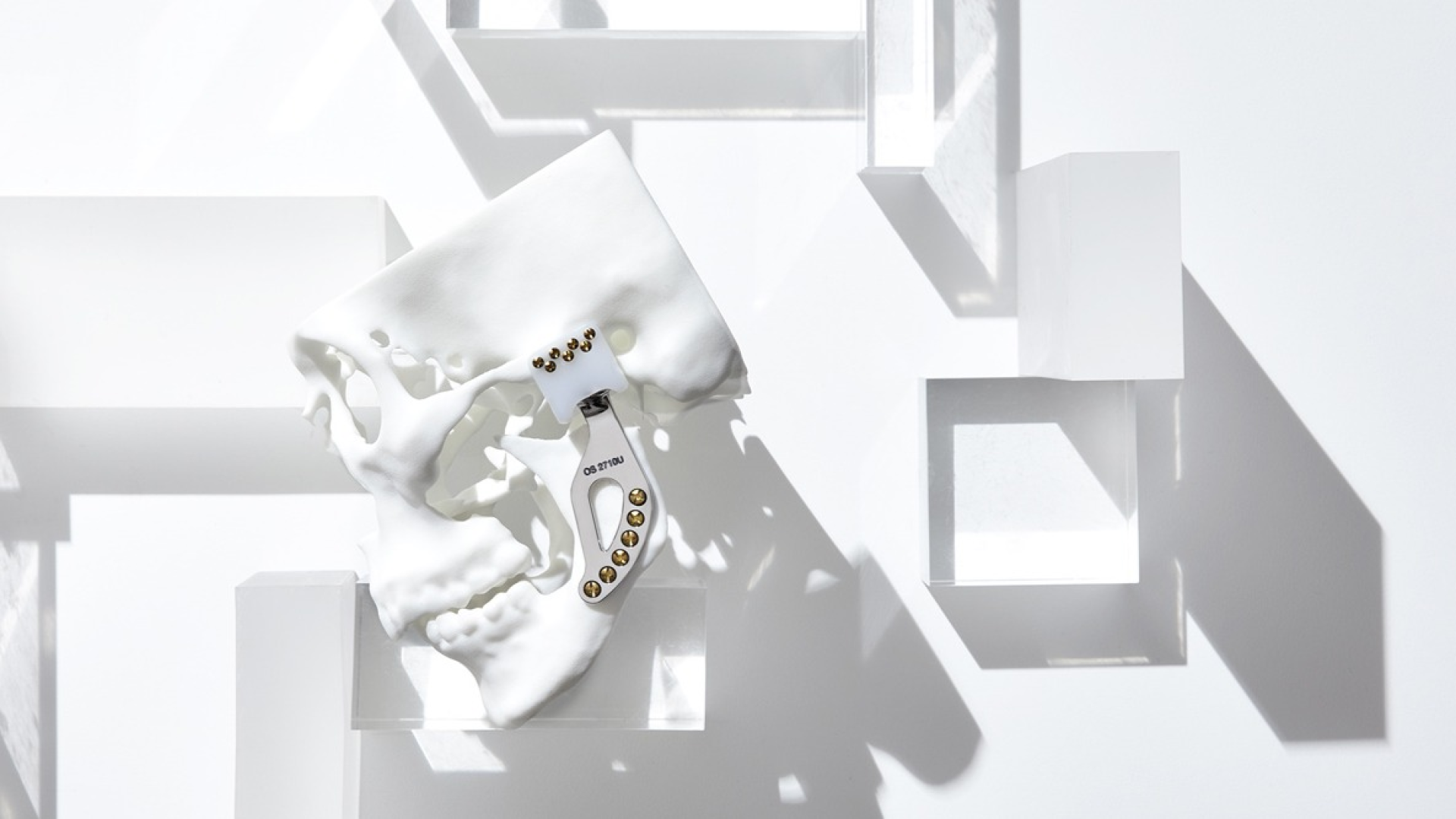How Research, Materials Innovation, and 3D Printing Enables the Future of Personalised Surgery Past Event
Presented by Melbourne Connect
Tickets
Date
6:30 pm – 8:30 pm
Venue
Access
Wheelchair Access
How Research, Materials Innovation, and 3D Printing Enables the Future of Personalised Surgery Past Event
Presented by Melbourne Connect
Great design can deliver functional, life-changing solutions in critical surgical procedures. This was the understanding of Dr George Dimitrouli, Founder and CEO of MAXONIQ. It took, however, an entrepreneurial mindset and research collaboration for a possible future of personalised surgical devices to be revealed. A combination of materials innovation, 3d printing and a global supply chain, enabled Dr Dimitrouli’s to put his vision into practice. Fast forward to today, and MAXONIQ engineers work in tandem with clinicians to create innovative, bespoke medical devices that aim to return quality of life back to their patients. Their capability to make an unlimited range of medical devices is limited only by imagination. MAXONIQ, a Melbourne design success story was established in 2016 and has a growing portfolio of bespoke medical devices for oral and maxillofacial applications. MAXONIQ is an Australian owned company with a goal to be the world leader in developing new custom-made surgical products and devices that will become game-changers in oral and maxillofacial surgery. This evening lecture will share the entrepreneurial story of how MAXONIQ was born, and present the possibilities for a future of personalised medical devices.
Participants
Oral and Maxillofacial Surgeon and Founder MAXONIQ, MDSc(Melb), PhD(Melb), FDSRCS(Eng), FFDRCS(Irel), FRACDS(OMS)
Dr Dimitroulis graduated in dentistry and obtained a PhD from the University of Melbourne. He completed the Royal Australian College of Dental Surgeons’ Fellowship in Oral and Maxillofacial Surgery and pursued postgraduate surgical training at the Royal Melbourne Hospital before undertaking clinical attachments to St. Mary’s Hospital in London and Middlesbrough General Hospital. Dr Dimitroulis completed his training as a Clinical & Research Fellow at the University of Florida in the United States before returning to Melbourne.
Dr Dimitroulis has a busy private practice in East Melbourne and until 2021 held a longstanding appointment as Senior Consultant Maxillofacial Surgeon at St. Vincent’s Hospital Department of Plastic Surgery. He has also run Fellowship programs in advanced TMJ surgery for graduate Surgeons. He is on the editorial board of several journals including the International Journal of Oral & Maxillofacial Surgery where he is Section Chairman for TMJ surgery. He has published extensively in the international literature and is the author of six books in Oral & Maxillofacial Surgery.
Oral and Maxillofacial Surgeon, BDS(Hons), MBBS, MFDS(Eng), FRACDS(OMS)
Dr Sim obtained his undergraduate dental qualification at the University of Sydney in 2001. He spent several years working in general dental practice in Australia and UK. In 2006, Felix commenced specialist training in Oral and Maxillofacial Surgery. He completed his medical degree at the University of Melbourne in 2009 and specialist training in 2015. He had a 6 month fellowship in head and neck oncology at Royal Melbourne Hospital before embarking on a further two-year sub-specialty training in head & neck oncology and microvascular reconstruction in Portland, Oregon, USA.
Felix has public hospital appointments at The Royal Melbourne Hospital, Monash Health and Barwon Health in Geelong as part of the Head and Neck Multidisciplinary Units. Felix is heavily involved with training of future oral and maxillofacial surgeons and is the Supervisor of training at Royal Melbourne Hospital. He is involved with research on enhancing and optimising digital technologies for jaw reconstruction and rehabilitation, culturing oral cancer in an organoid model, and more recently looking at the impact of COVID-19 lockdowns on head and neck cancer patients.
ARC Future Fellow, Deputy Director, ARC Training Centre for Medical Implant Technologies, Department of Biomedical Engineering , Faculty of Engineering and Information Technology, The University of Melbourne
A/Prof Ackland is an Australian Research Council (ARC) Future Fellow and Deputy Director of the ARC Centre for Medical Implant Technologies in the Department of Biomedical Engineering, the University of Melbourne. He holds a BSc (Neuroscience), BE (Mechanical), and PhD degrees from the University of Melbourne.
A/Prof Ackland’s background is in biomechanics and orthopaedics. His research focuses on computational modelling and experimentation of human movement biomechanics, with a particular emphasis on structure and function of the upper and lower extremities, and jaw. He employs medical imaging, human motion experiments, musculoskeletal modelling, and in vitro biomechanical experiments as his primary research techniques. His research outputs to date have had a strong focus on measurement and modelling of muscle and joint function during human movement, as well as design and evaluation of joint replacement prostheses.